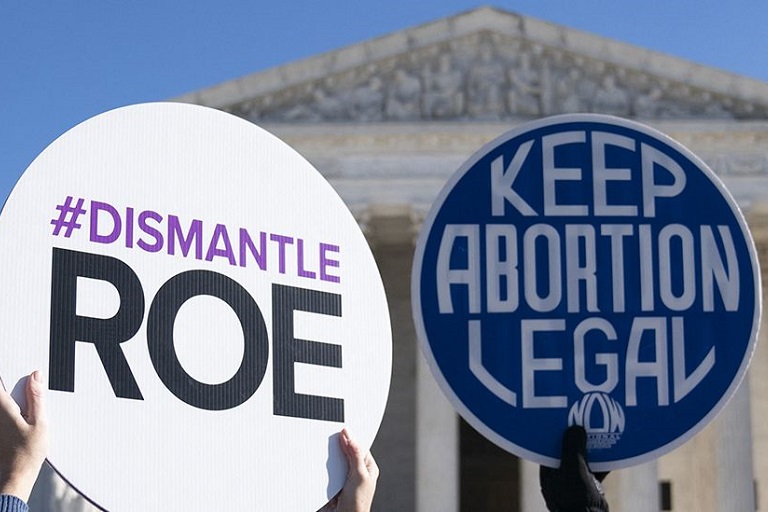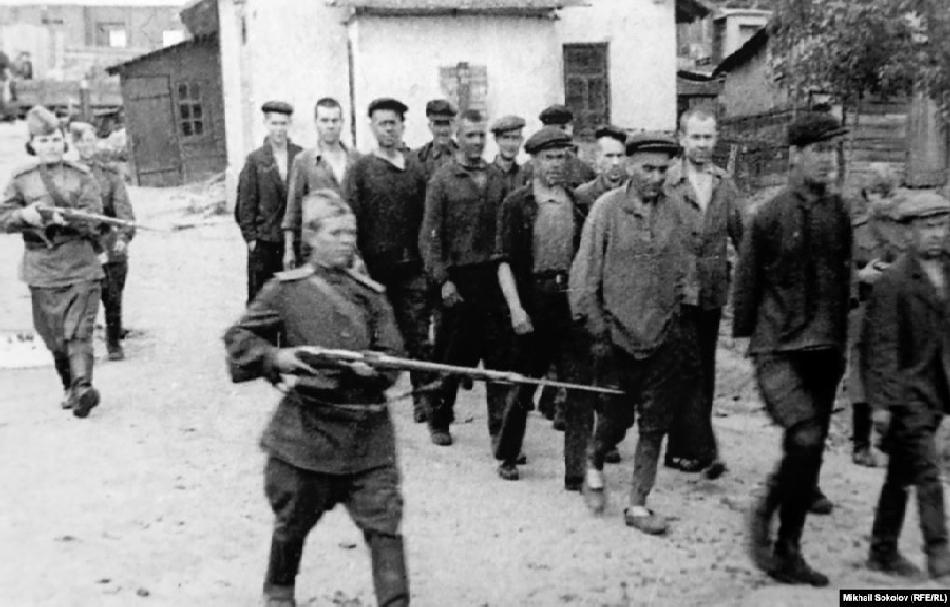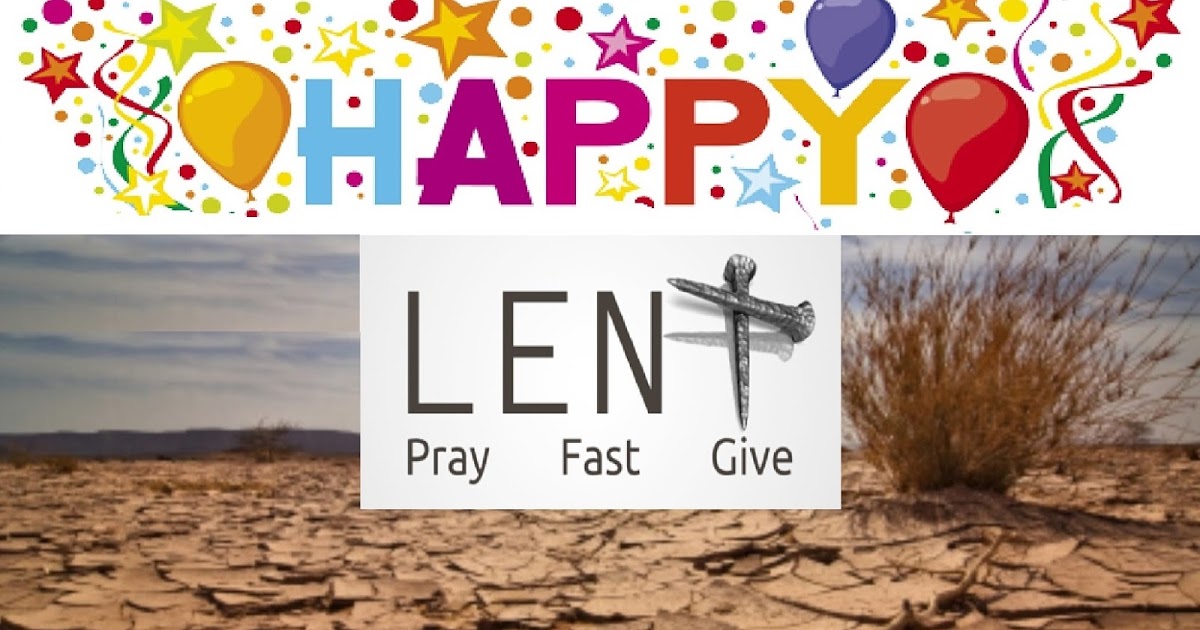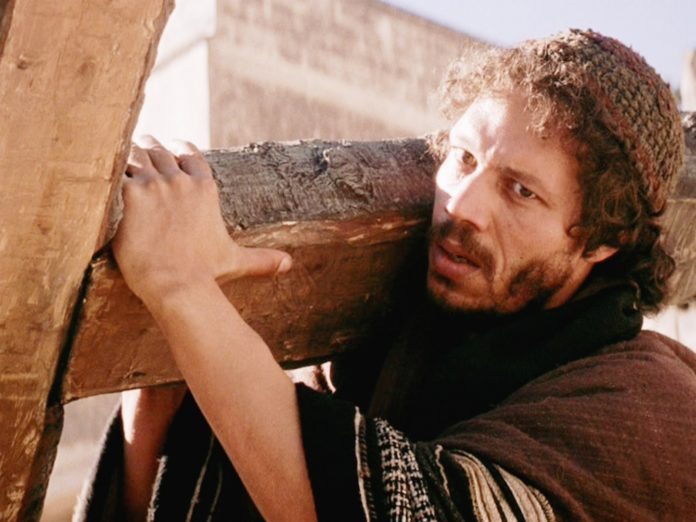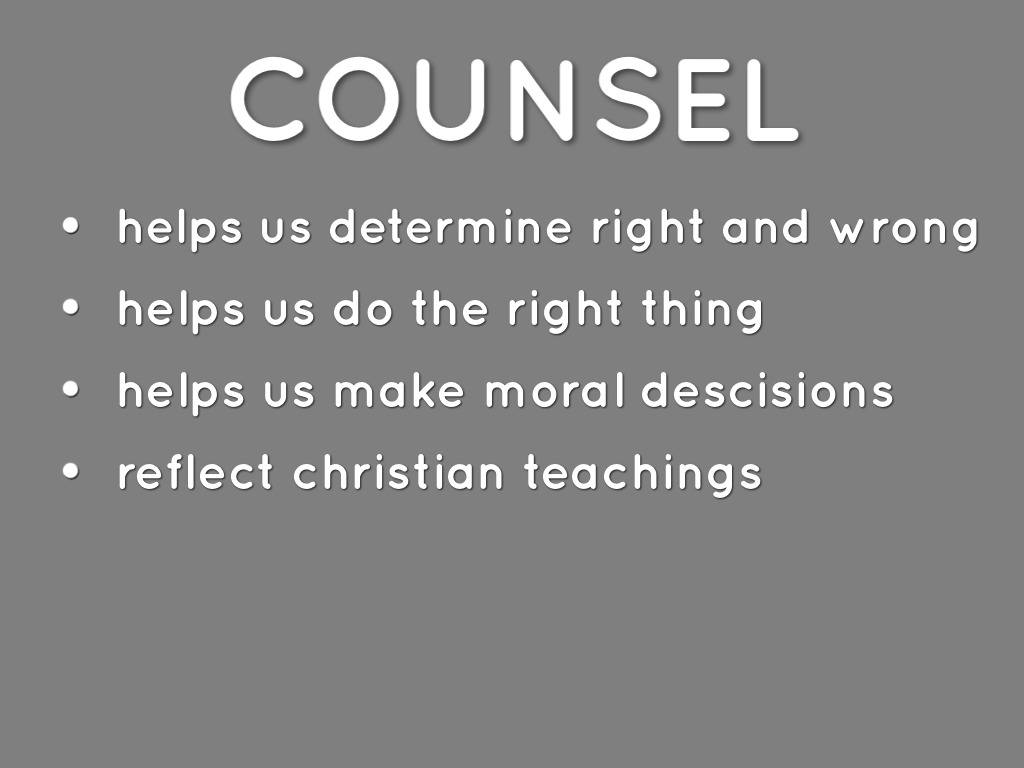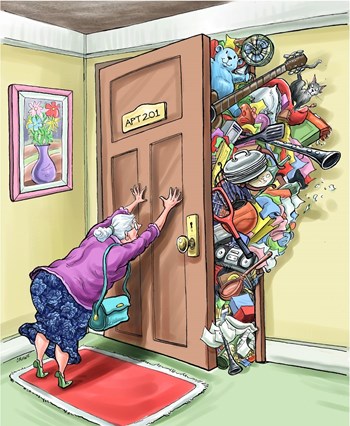The New Normal
My wife and I discussed what concerns us most about the direction our world is heading in. We talked about the transgender movement, wokism, socialism, radical climate change activists, pro-abortion, war hawks, etc. These movements all scare me and are doing tremendous harm to our world and the youth. But these movements are not what concern me the most. It’s something more insidious that we see all around us — self-centeredness.
When I drove to the store the other day I witnessed the following:
- A driver passed me on a residential neighborhood road and blew through a stop sign.
- Someone swinging out of their inner lane on a two-lane left-hand turn.
- Someone cutting in line at a store that clearly had people waiting in it.
- Someone walking down the middle of a parking lot oblivious to the cars inching behind him.
- Someone crossing the street against a “Do Not Walk” signal
- People leaving a table full of trash at a fast food restaurant
- A cyclist peddling in the middle of the road against traffic

The list could go on and on about all these little things I witness on a daily basis. I know this behavior has always existed. In fact, I may be guilty of them occasionally. However, I feel like they are no longer the exception but are just normal, excepted behavior. And this behavior is what concerns me because it lays the foundation for all these other damaging movements.
Selfishness Drowns Out God
Many of these behaviors show how self-centered we have become as a society. So many people do what is most convenient for them regardless of the burden it puts on others. The unspoken social rules that people have lived by have fallen by the wayside. These social rules and laws are the glue that keeps society together. Without them, society starts to come apart which I believe we’re seeing before our eyes. As I’ve written about in previous posts, we are so much more anxious and unhinged now.
This self-centeredness is a form of the sin of pride. It’s hard to honor God in your life if you don’t see that you are part of something larger than yourself. Consider the Gospel of Matthew where in a parable people ask, “Lord, when did we see you hungry and feed you?” Jesus responded, “Whatever you did for the one of the least of these brothers and sisters of mine, you did for me” (Matthew 25:37-38) When we live only for our own desires and comfort, we are neglecting Jesus’ mission for us to serve each other.
The Rosary to the Rescue
The fruit of the Second Joyful Mystery is love of neighbor. I think this is the perfect Rosary mystery to combat this self-centered culture. This mystery professes that we first need to acknowledge that we have neighbors. A neighbor in this case is more than just the person who occupies a dwelling close to yours. Our neighbors are our coworkers, schoolmates, that random driver next to you at the stop light, the person standing next to you at the store, and our brothers and sisters in Christ. Jesus didn’t limit neighbors to just those in his immediate proximity. He included everyone throughout time and place to be his neighbors.
Loving your neighbor requires effort. Mary put in the effort to travel to her cousin Elizabeth’s village. She made an effort to help her cousin through her pregnancy despite being pregnant herself. Similarly, we must put in the effort to love our neighbor. One great way is showing patience towards one another. Living in society requires us to be patient and follow the rules and conventions even when they aren’t the most convenient. God does not call us to a life of convenience. He calls us to a life of service towards one another.
We may look at the world and think that the ills of society are too big for one person to solve or that praying the Rosary won’t have much effect. But I’m reminded of a story about Saint Francis where someone asked him how he could make the world a better place. Saint Francis replied, “You start by closing the door softly.” We can all do small things to make the world around us better. Follow laws and social conventions, be patient, be humble, and clean up after yourself. We’ll never be able to tackle large, global problems if we don’t first tackle problems in our own hearts and minds.






